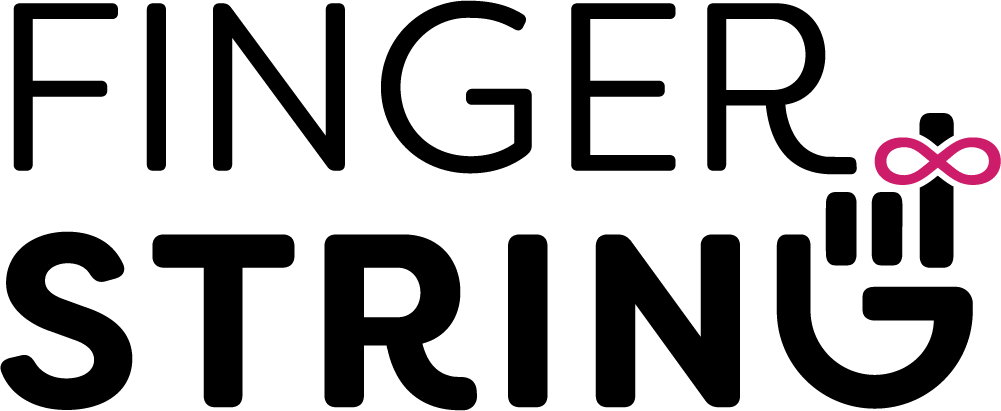As our loved ones age, their health and well-being require more attention and care. Regular senior wellness checks are essential to monitor their physical, mental, and emotional health. However, it can sometimes be challenging to determine when a wellness check is necessary. In this blog post, we will discuss the common signs and symptoms indicating the need for a wellness check, how to approach the conversation with empathy and care, and resources for professional wellness checks and medical consultations.
Common Signs and Symptoms Indicating the Need for a Wellness Check
-
Physical Health Decline:
- Unexplained Weight Loss or Gain: Significant changes in weight can indicate underlying health issues such as malnutrition, thyroid problems, or heart disease.
- Chronic Pain or Discomfort: Persistent pain or discomfort in joints, muscles, or other body parts can be a sign of conditions like arthritis, osteoporosis, or other health issues.
- Changes in Mobility: Difficulty walking, frequent falls, or a noticeable decline in balance and coordination can signal musculoskeletal problems or neurological issues.
- Fatigue and Weakness: Constant tiredness or weakness that interferes with daily activities may indicate conditions such as anemia, depression, or chronic diseases.
-
Cognitive and Mental Health Issues:
- Memory Loss: Difficulty remembering recent events, names, or familiar places can be an early sign of dementia or Alzheimer’s disease.
- Confusion or Disorientation: Frequent confusion or getting lost in familiar surroundings can indicate cognitive decline or other neurological issues.
- Mood Swings and Behavioral Changes: Sudden changes in mood, increased irritability, or withdrawal from social activities can be signs of depression, anxiety, or other mental health conditions.
-
Changes in Daily Living Activities:
- Neglecting Personal Hygiene: Noticeable decline in personal hygiene, such as not bathing regularly, wearing dirty clothes, or neglecting grooming, can indicate physical or mental health issues.
- Household Neglect: A previously tidy home becoming cluttered or dirty may signal that the individual is struggling with daily tasks.
- Difficulty Managing Finances: Trouble paying bills on time, managing money, or frequent financial mistakes can be signs of cognitive decline.
-
Social Withdrawal:
- Isolation: Reduced social interaction, avoiding friends and family, or losing interest in hobbies and activities can be signs of depression or other mental health issues.
- Lack of Communication: Decreased communication or reluctance to engage in conversations can indicate emotional distress or cognitive issues.
How to Approach the Conversation with Empathy and Care
-
Choose the Right Time and Place:
- Find a quiet, comfortable setting free from distractions. Ensure you have ample time to discuss your concerns without feeling rushed.
-
Express Genuine Concern:
- Start the conversation by expressing your love and concern. Use “I” statements to avoid sounding accusatory. For example, “I’ve noticed that you seem a bit more tired lately, and I’m concerned about your health.”
-
Listen Actively:
- Give your loved one the opportunity to express their feelings and concerns. Listen without interrupting, and show empathy by acknowledging their emotions.
-
Be Respectful and Non-Judgmental:
- Approach the conversation with respect and understanding. Avoid making them feel embarrassed or defensive about their situation.
-
Offer Support and Solutions:
- Discuss the benefits of a wellness check and how it can help them maintain their health. Offer to help schedule appointments, accompany them to visits, or find resources for support.
Resources for Professional Wellness Checks and Medical Consultations
-
Primary Care Physicians:
- Role: Primary care physicians (PCPs) are often the first point of contact for health concerns. They can conduct comprehensive wellness checks, diagnose conditions, and provide referrals to specialists.
- How to Access: Schedule an appointment with your loved one’s PCP for a thorough health assessment.
-
Geriatric Specialists:
- Role: Geriatricians specialize in the health care of older adults. They can provide tailored care plans, manage chronic conditions, and address age-related health issues.
- How to Access: Ask the PCP for a referral to a geriatric specialist or search for local geriatricians.
-
Home Health Services:
- Role: Home health care providers offer medical and non-medical services, such as nursing care, physical therapy, and assistance with daily activities, in the comfort of the home.
- How to Access: Contact local home health agencies or ask the PCP for recommendations.
-
Community Health Programs:
- Role: Many communities offer health programs and services for seniors, including wellness screenings, fitness classes, and educational workshops.
- How to Access: Check with local senior centers, community health organizations, or online resources for available programs.
-
Telehealth Services:
- Role: Telehealth allows seniors to consult with healthcare providers remotely, which can be particularly convenient for those with mobility issues or during the COVID-19 pandemic.
- How to Access: Many healthcare providers offer telehealth services. Schedule virtual appointments through their websites or contact them directly.
Recognizing the signs that your elderly loved one needs a wellness check is crucial for maintaining their health and well-being. By understanding the common symptoms to watch for, approaching the conversation with empathy and care, and utilizing available resources, you can ensure they receive the support and medical attention they need. Regular wellness checks can lead to early detection of potential health issues, improved quality of life, and peace of mind for both you and your loved one.
For more information on senior emergency support and how FingerString’s check-in services can benefit your loved ones, contact us today at 1-800-947-0146 or email us at Hello@FingerString.net.

